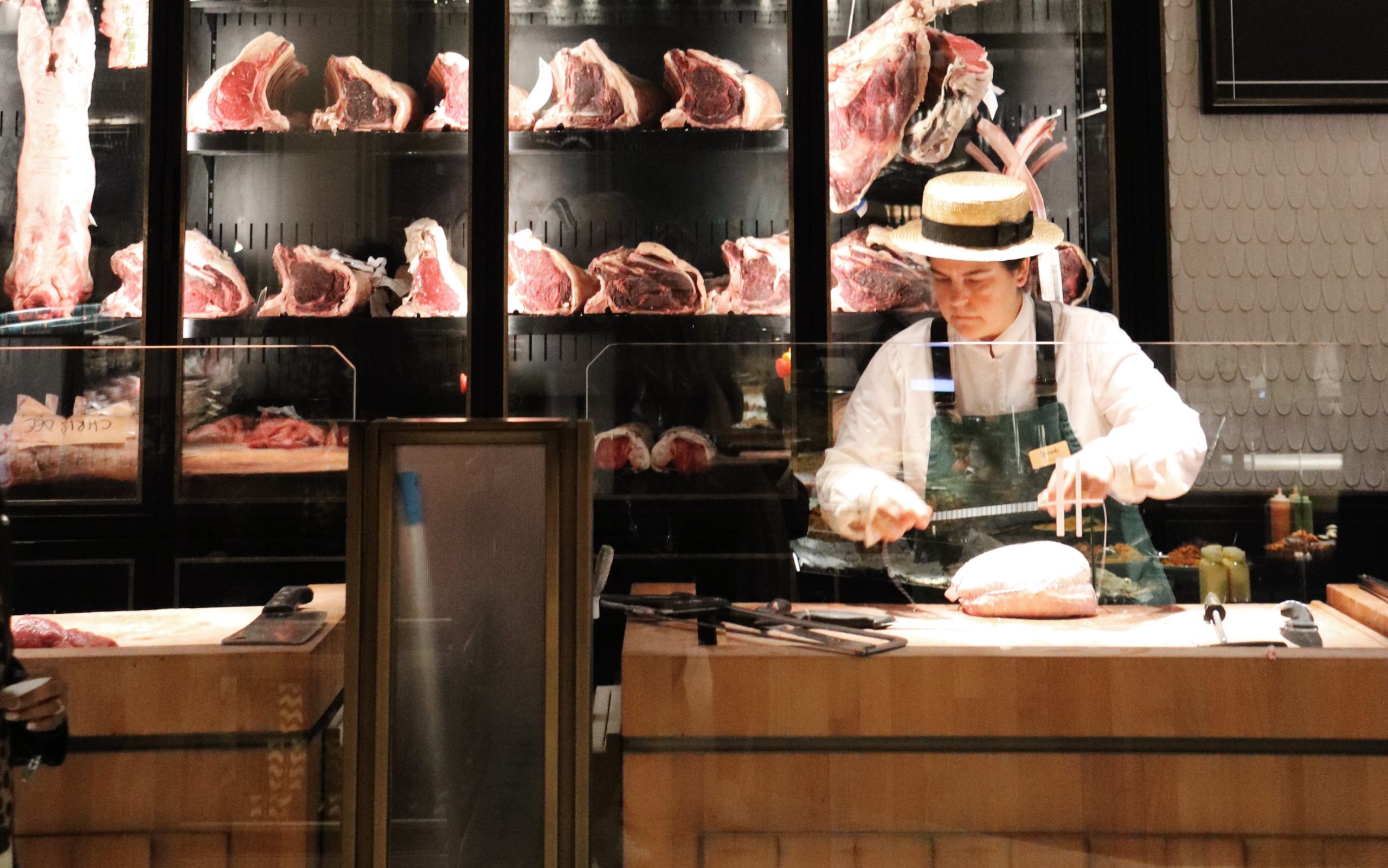How meat distributors are making changes and adapting to COVID-19

We have recently covered how businesses, largely fruit and veg companies, are making significant business changes, pivoting from B2B to B2C, to deal with the current COVID-19 crisis.
As we speak to and support more and more businesses, we’re realising how butchers, fishmongers and meat distributors are another industry that are acting fast and making considerable changes to their business models.
Fruit and veg delivery boxes aren’t necessarily something new, meaning that previous fruit and veg suppliers working through bricks and mortar stories, or traditionally focusing on a B2B audience, could gain inspiration from other companies such as Abel & Cole and Riverford.
B2C meat delivery, on the other hand, isn’t such a well trodden path. Meaning that butchers, fishmongers and meat companies are having to learn on the spot; discovering ways to deliver their goods fast, and on time, to ensure the freshest produce possible.
This is why many meat distributors have come to us, at MaxOptra, for help and advice.
Here are some of the suggestions we are offering them:
Implement dynamic routes
Our very first recommendation is for businesses to implement dynamic route optimisation, if they haven’t already.
Many businesses work on a fixed route basis – which raises significant challenges and limitations for those dealing with business change or pivoting from B2B to B2C.
Dynamic routes allow businesses to plan routes daily, weekly, monthly, or however frequently they require a dynamic schedule. Systems such as MaxOptra utilise algorithms which produce efficient and reliable routes, fast. Taking into account traffic conditions and known roadworks, as well as vehicle capacities, live order volumes and delivery time windows.
All of this supports businesses in avoiding any potential inefficiencies of fixed routes, reduces excess mileage, keeps customers happy and, as a result, cuts operational costs by up to 20%.
Maintain the quality of your orders
Not all deliveries are equal – some need to be received faster and some orders contain fresh goods that need to reach customers in peak condition. It’s a further complication when you’re already managing a packed schedule of drivers, deliveries and different vehicles.
Systems, such as MaxOptra, let meat distributors maintain the quality of their deliveries by assigning which orders should be delivered first. For time-sensitive or fresh orders they can assign an onboard time limit to reduce wastage and make sure deliveries are of the highest quality. Our system also assigns mixed temperature vehicles to the right orders to make sure you’re using the right tools for the job.
Track your routes and deliveries
One of the results of a B2C pivot or change in business model is losing track of where deliveries are, or how delivery routes are performing.
For any business who is running a distribution fleet, it’s important to know what’s going on once the vehicles have left the depot.
Businesses can either link route optimisation systems to a vehicle telematics device, or utilise a driver app, such as what MaxOptra offers, to monitor what is going on in real time via track & trace functionality.
This on-the-day visibility enables businesses to proactively deal with any delays or issues as soon as they occur. At the end of the day this valuable data aids driver debriefing, route refinement, and management KPI reporting.
Automated email & SMS updates for customers
Another result of order overwhelm for businesses is having to communicate with a larger group of customers, which can quickly become complicated.
Keeping customers happy is a key goal for any business, and automated email and SMS updates can help businesses to do this without an increase in workload.
These updates can include when a delivery is scheduled to arrive, when it’s on its way and even when it’s nearby. Not only does this reduce the workload for businesses who often have to deal with customer enquiries, it’s also incredibly beneficial for the end-customer.
For added peace of mind, our driver apps which incorporate ePod functionality allows drivers to log proof of delivery signatures, photos and comments.
Implement a driver app
For paper-based operations, an increase in orders can result in an increase in documentation. This can quickly get messy.
We recommend that any business facing significant change implements a driver app, such as the MaxOptra iOS and Android app. This will allow businesses to run a paperless operation whilst automatically pushing jobs to their drivers.
Businesses will also be able to track delivery and driver progress, whilst dealing with any issues and amends in real time.
Overall, a driver app will streamline the entire delivery process – ensuring businesses can keep on top of their routes, drivers, deliveries and documentation.
Maxoptra System
© MaxOptra, 2023. Privacy Policy and Cookies
